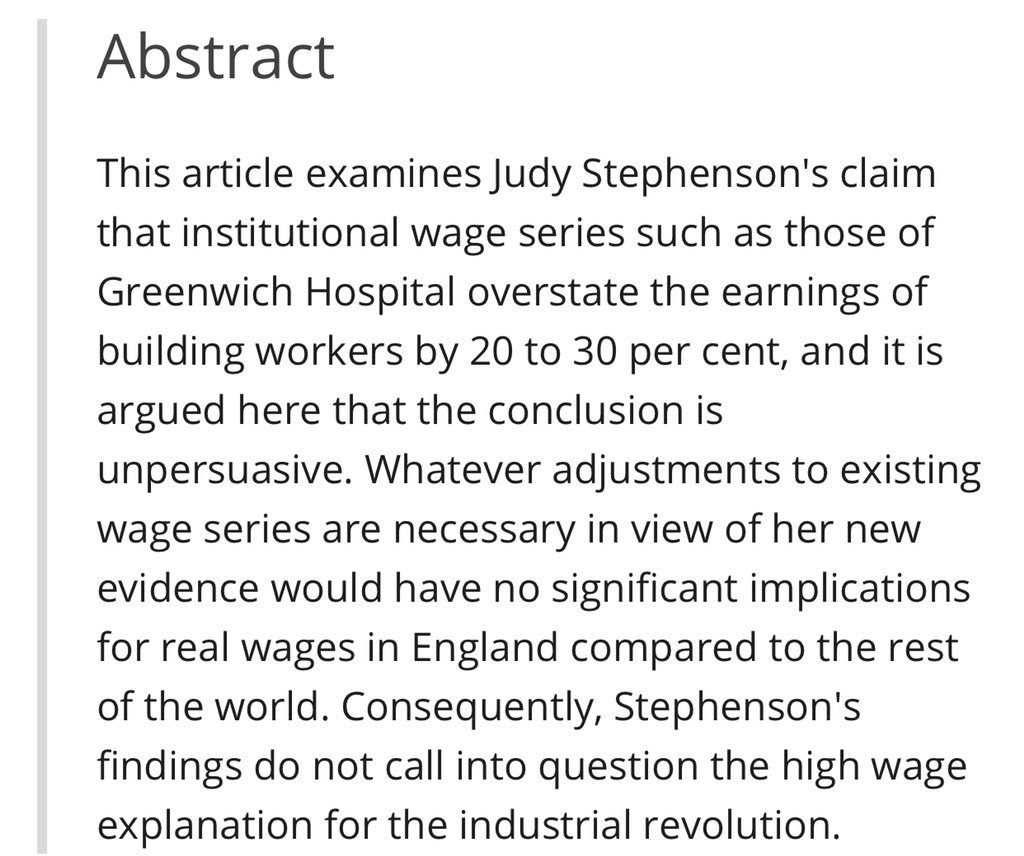But right now it really is. And the wonders of twitter and the internet mean we can watch a debate play out in real time.
So please excuse a mini thread (especially from an interested amateur rather than a participant)
Why should we care? Firstly because the IR was probably “the key event” in human history.
It’s when - for many - life stopped being nasty, brutish and short.
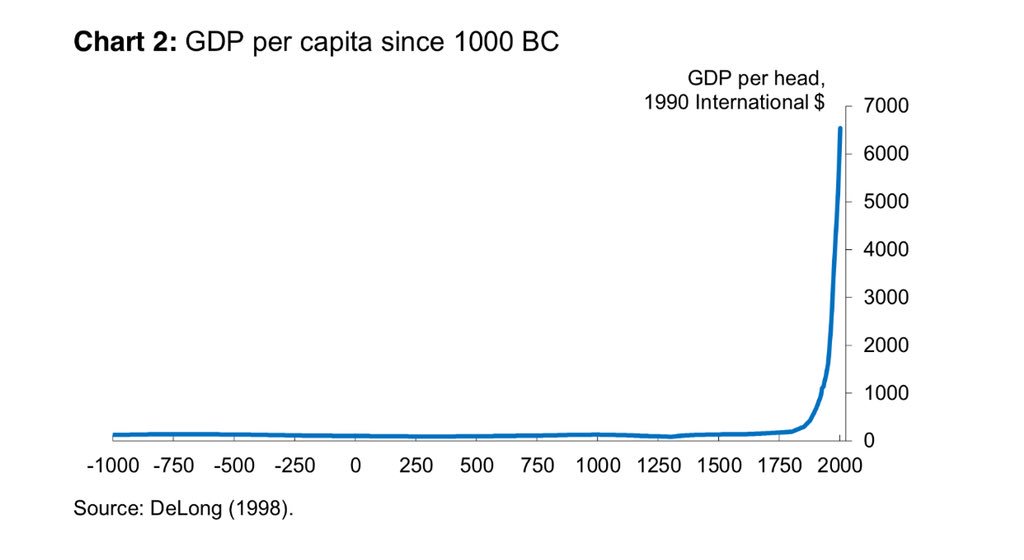
But I highly recommend @de1ong’s review here for an introduction: nature.com/articles/53845…
wrap.warwick.ac.uk/44710/1/WRAP_C…
Perhaps Allen explains the demand for innovation & Mokyr it’s supply?

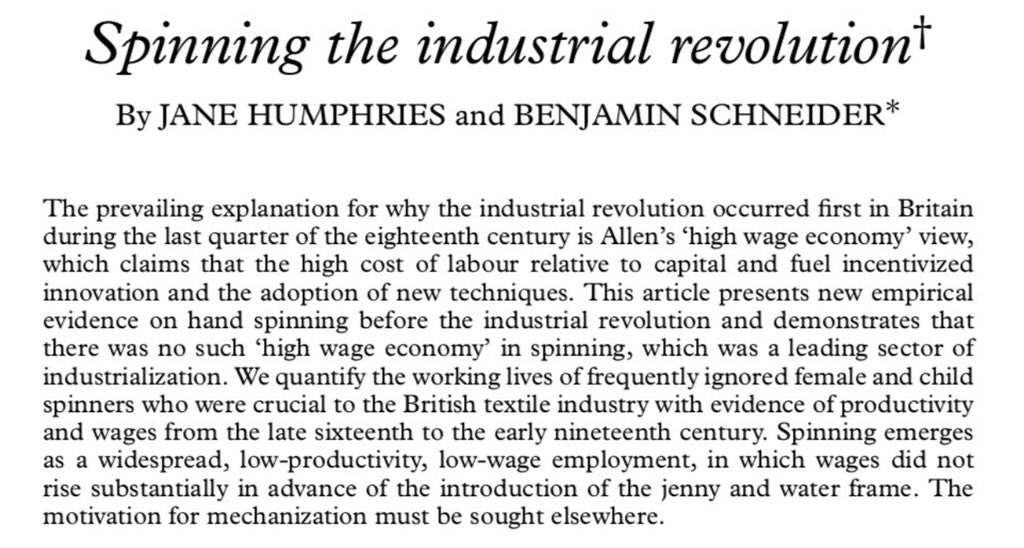
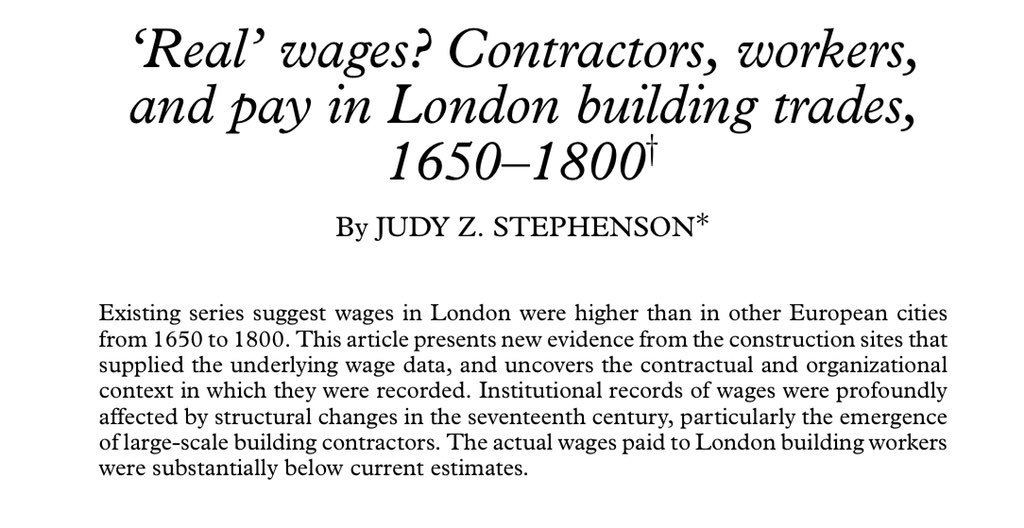
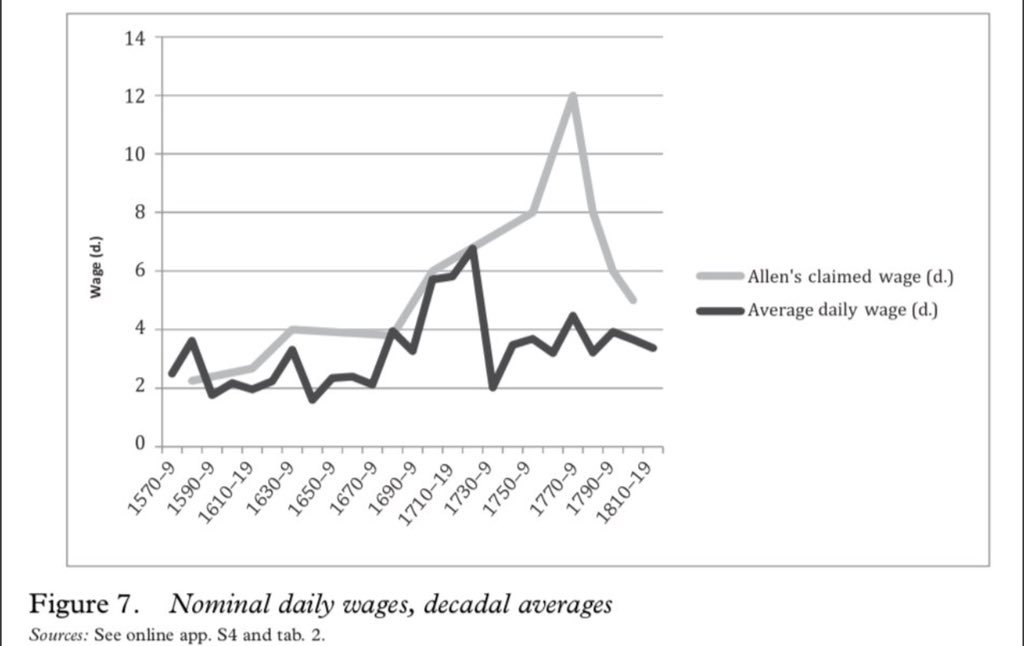
But there are now serious questions of the data. Is cheap coal alone enough?
